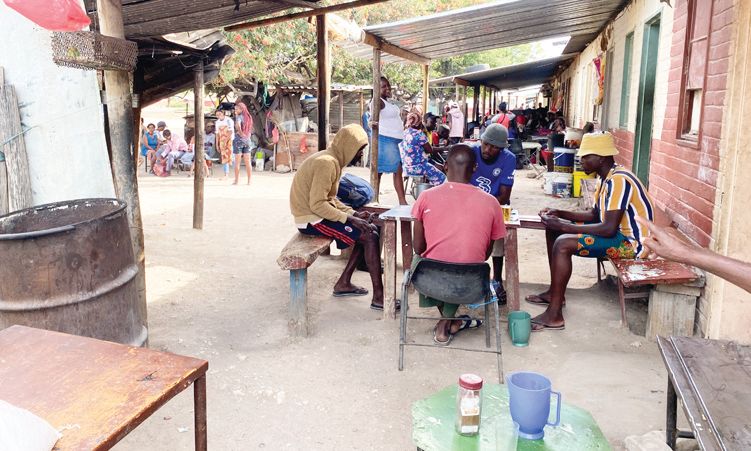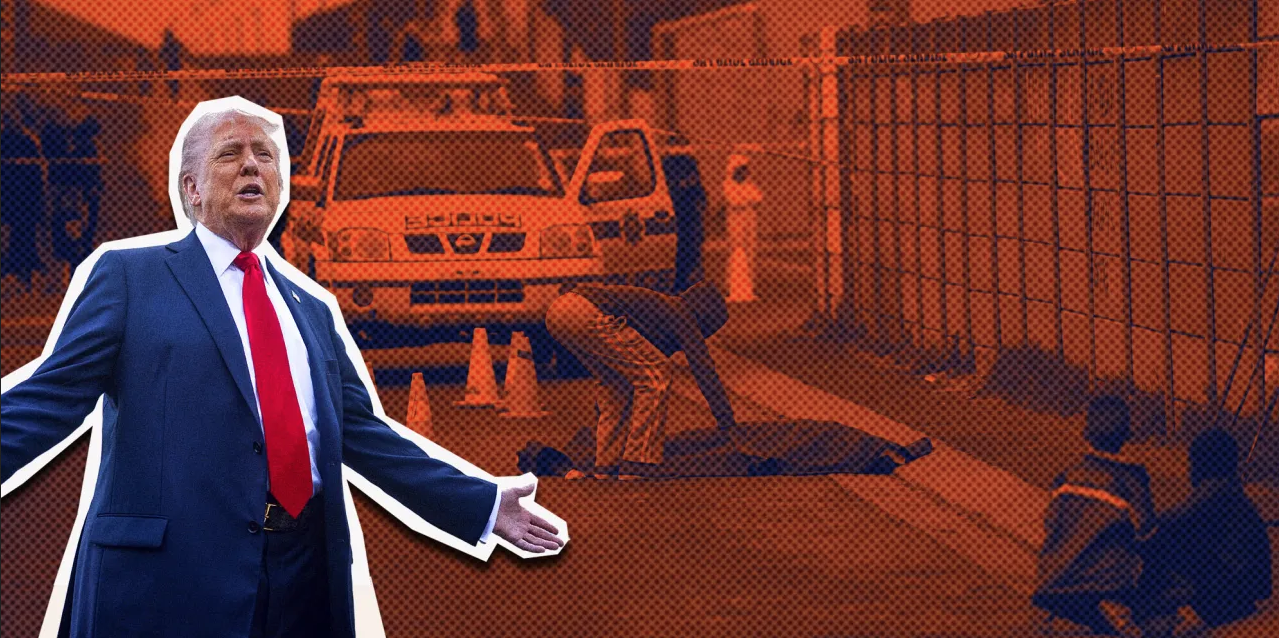THE Blood Transfusion Service of Namibia has opened a second permanent blood donor clinic – on the first floor of Windhoek’s Hidas shopping centre.
The first permanent clinic is at United House. Seventy-five units of blood are needed in Namibia every day.There are about 10 000 regular and 65 000 dormant donors registered with the Blood Transfusion Service.Since the Hidas clinic opened, many dormant donors have begun to donate blood again.The Blood Transfusion Service ascribes this to the convenience of the new location in Klein Windhoek, which offers plenty of parking and is within walking distance of several shops and banks.The Blood Transfusion Service works closely with the Ministry of Health and Social Services, the World Health Organisation and the National AIDS Co-ordination Programme.The WHO facilitates and supports programmes that draw attention to the worldwide need for a substantial increase in the number of voluntary, non-remunerated blood donors to ensure safe blood and blood products are always available.In Namibia blood is collected at clinics countrywide from volunteer donors who go to the two permanent clinics or mobile clinics visiting companies, shopping centres, schools and health clinics.Forty-four per cent of the Namibian population belongs to blood group O, 42% to group A, 10% to group B and only 4% to group AB.The blood group of the donor has to match the patient’s blood group, but the O group can be used in most patients.People interested in donating blood must be older than 17 and weigh at least 50 kg.Blood products can only be stored for a limited time.To ensure a steady supply, the Blood Transfusion Service holds four clinics a day throughout the year and appeals to healthy Namibians to donate blood.Seventy-five units of blood are needed in Namibia every day.There are about 10 000 regular and 65 000 dormant donors registered with the Blood Transfusion Service.Since the Hidas clinic opened, many dormant donors have begun to donate blood again.The Blood Transfusion Service ascribes this to the convenience of the new location in Klein Windhoek, which offers plenty of parking and is within walking distance of several shops and banks.The Blood Transfusion Service works closely with the Ministry of Health and Social Services, the World Health Organisation and the National AIDS Co-ordination Programme.The WHO facilitates and supports programmes that draw attention to the worldwide need for a substantial increase in the number of voluntary, non-remunerated blood donors to ensure safe blood and blood products are always available.In Namibia blood is collected at clinics countrywide from volunteer donors who go to the two permanent clinics or mobile clinics visiting companies, shopping centres, schools and health clinics.Forty-four per cent of the Namibian population belongs to blood group O, 42% to group A, 10% to group B and only 4% to group AB.The blood group of the donor has to match the patient’s blood group, but the O group can be used in most patients.People interested in donating blood must be older than 17 and weigh at least 50 kg.Blood products can only be stored for a limited time.To ensure a steady supply, the Blood Transfusion Service holds four clinics a day throughout the year and appeals to healthy Namibians to donate blood.
Stay informed with The Namibian – your source for credible journalism. Get in-depth reporting and opinions for
only N$85 a month. Invest in journalism, invest in democracy –
Subscribe Now!











